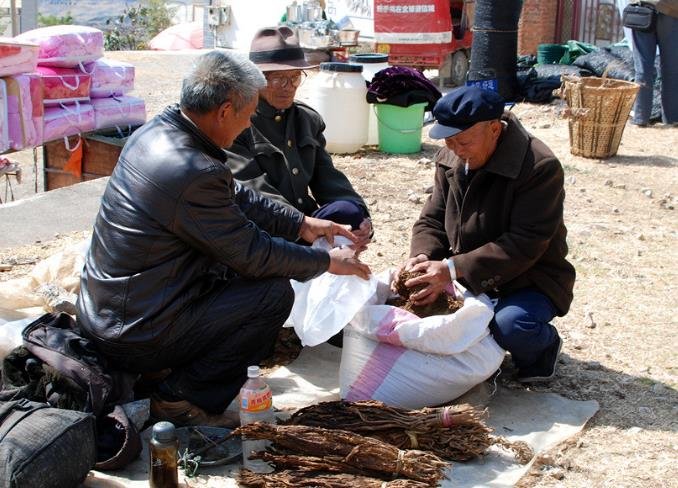Illicit tobacco sales are a growing concern on the Central Coast, with authorities and local communities calling for more stringent measures to combat this illegal trade. The black market for tobacco not only undermines legal businesses but also poses significant health risks to consumers. Recent incidents, including turf wars and arson attacks, highlight the urgent need for a coordinated response to tackle the issue effectively. This article explores the current state of illicit tobacco sales, the impact on local communities, and potential strategies to address the problem.
Illicit tobacco sales have surged in recent years, driven by high tobacco taxes and the increasing cost of legal cigarettes. Criminal networks see the black market as a lucrative opportunity, with low risks and high rewards. This has led to a proliferation of illegal tobacco shops, particularly in areas like the Central Coast. These shops often sell unregulated and potentially harmful products, posing a significant threat to public health.

The Australian Border Force and local law enforcement agencies have been actively working to dismantle these illegal operations. Recent raids have resulted in the seizure of millions of illegal cigarettes and significant amounts of cash. Despite these efforts, the black market continues to thrive, indicating the need for more comprehensive and sustained enforcement actions.
Local retailers are also feeling the impact of illicit tobacco sales. Legal businesses struggle to compete with the lower prices offered by illegal operators, leading to lost revenue and potential closures. This not only affects the retailers themselves but also the broader community, as legal businesses contribute to the local economy and provide employment opportunities.
Impact on Local Communities
The proliferation of illicit tobacco sales has far-reaching consequences for local communities. One of the most concerning aspects is the potential health risks associated with unregulated tobacco products. These products often contain higher levels of harmful substances, posing a greater risk to consumers. Additionally, the lack of quality control means that consumers have no way of knowing what they are inhaling, further exacerbating the health risks.
The illegal tobacco trade also fuels other criminal activities. Profits from illicit tobacco sales are often used to fund organized crime, including drug trafficking and violence. This creates a cycle of crime that can have devastating effects on local communities. Recent incidents on the Central Coast, such as turf wars and arson attacks, highlight the violent nature of these criminal networks and the urgent need for action.
Furthermore, the economic impact of illicit tobacco sales cannot be ignored. Legal businesses lose out on revenue, which in turn affects their ability to contribute to the local economy. This can lead to job losses and reduced economic activity, further harming the community. By addressing the issue of illicit tobacco sales, authorities can help to protect legal businesses and support the local economy.
Strategies to Combat Illicit Tobacco Sales
To effectively combat illicit tobacco sales, a multi-faceted approach is needed. This includes stronger enforcement actions, public education campaigns, and policy changes. Law enforcement agencies must continue to target illegal operators through raids and seizures, but they also need to focus on disrupting the supply chains that fuel the black market. This requires collaboration with international partners to address the global nature of the illicit tobacco trade.
Public education campaigns are also crucial in reducing demand for illegal tobacco products. By raising awareness of the health risks and legal consequences associated with illicit tobacco, authorities can discourage consumers from purchasing these products. This can be complemented by efforts to make legal tobacco products more affordable, such as reducing taxes or providing subsidies for low-income smokers.
Policy changes can also play a significant role in combating illicit tobacco sales. This includes stricter regulations on the sale and distribution of tobacco products, as well as harsher penalties for those caught engaging in illegal activities. By creating a more robust legal framework, authorities can make it more difficult for criminal networks to operate and reduce the prevalence of illicit tobacco sales.
Michael Brown is a seasoned journalist with a knack for uncovering compelling stories within the realm of cannabis. Through his investigative reporting and in-depth analysis, he sheds light on the regulatory challenges, market trends, and societal impacts of the burgeoning cannabis industry. Michael’s commitment to objective journalism and ethical reporting makes him a trusted voice in providing readers with balanced and informative articles about this rapidly evolving landscape.








